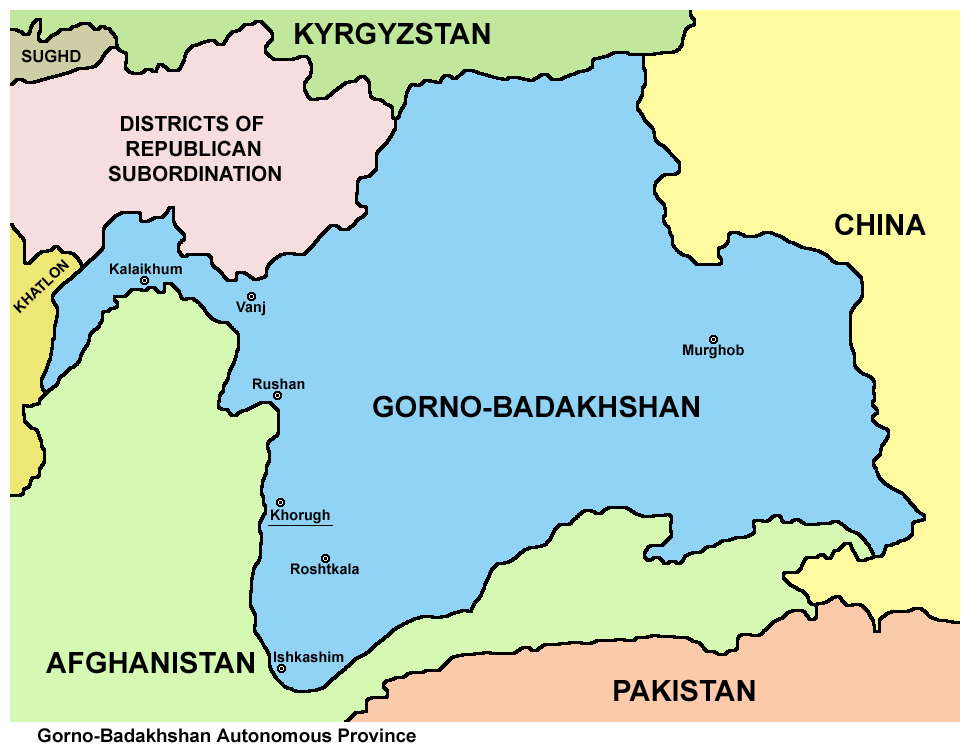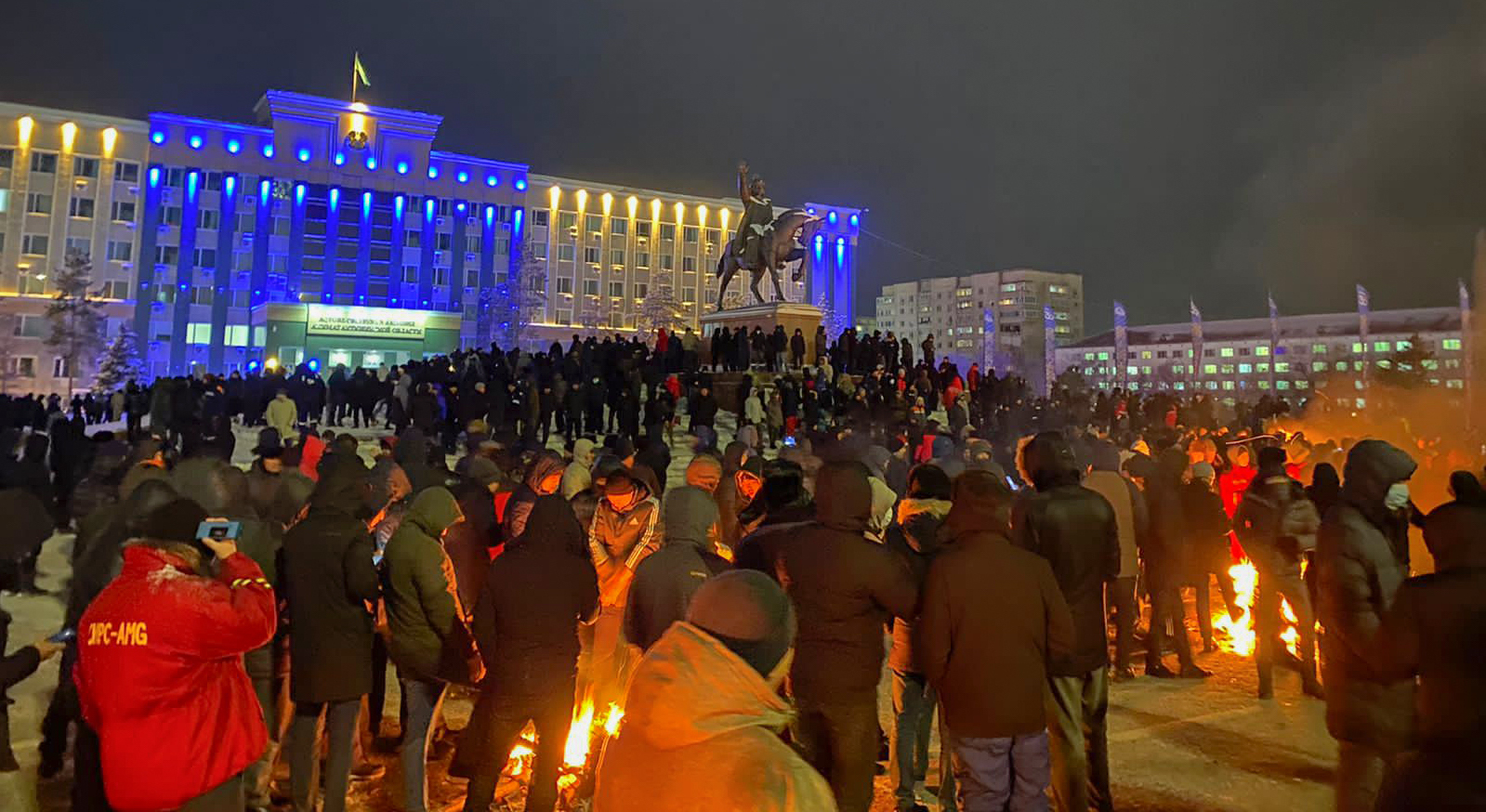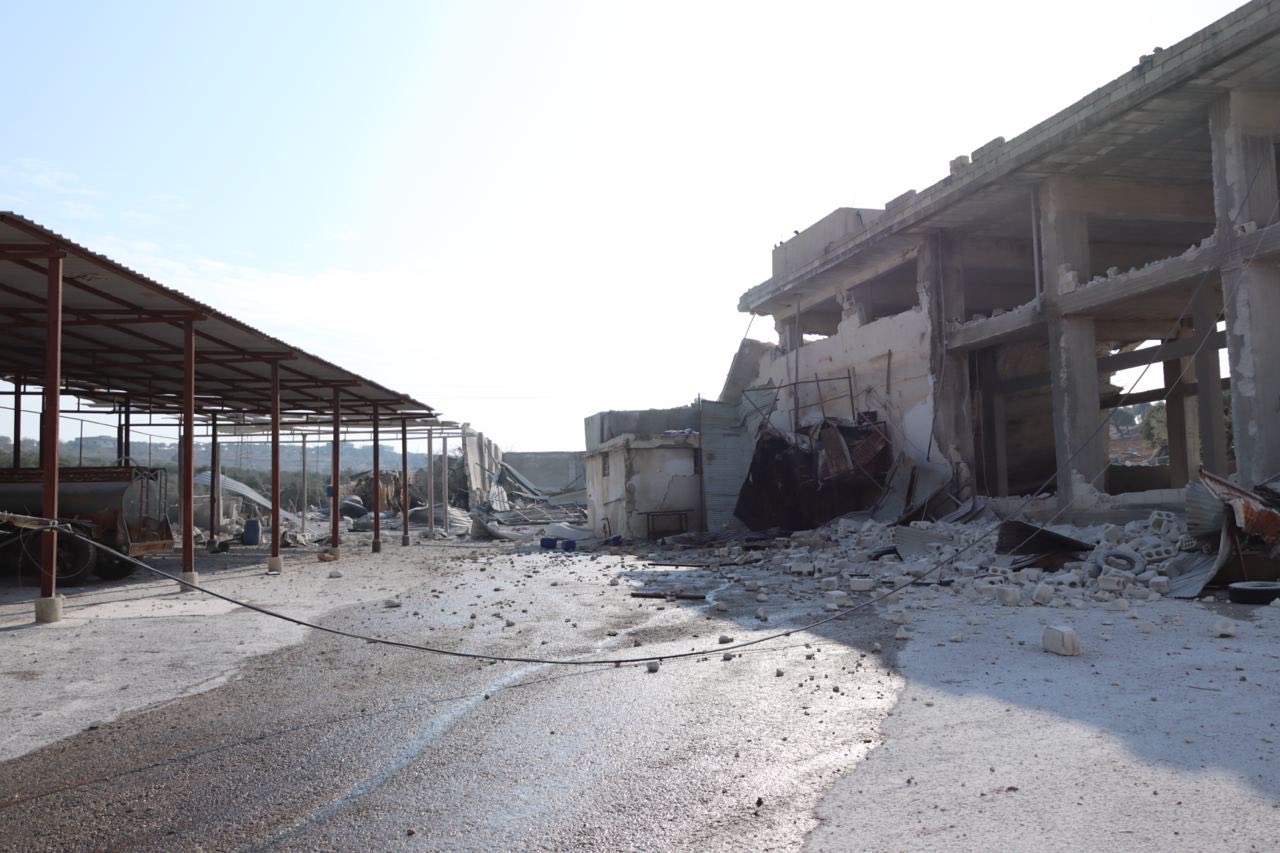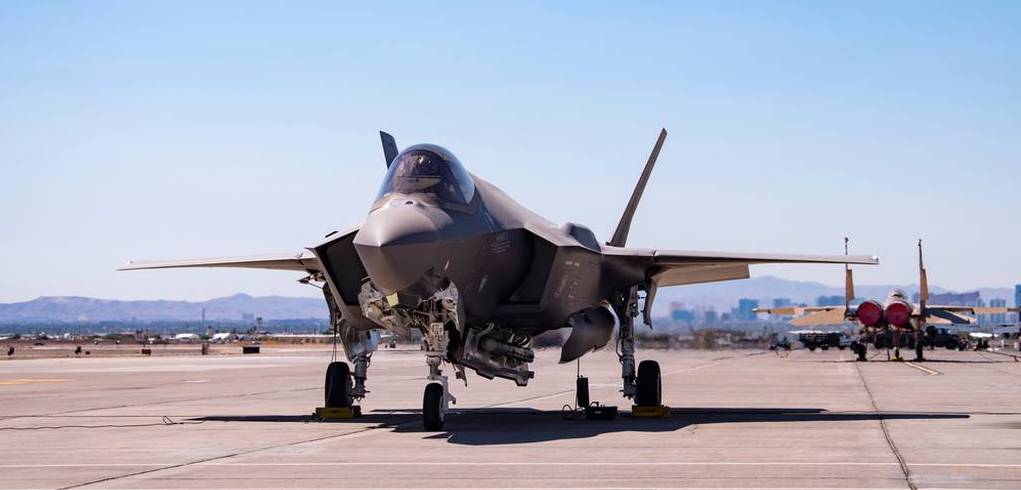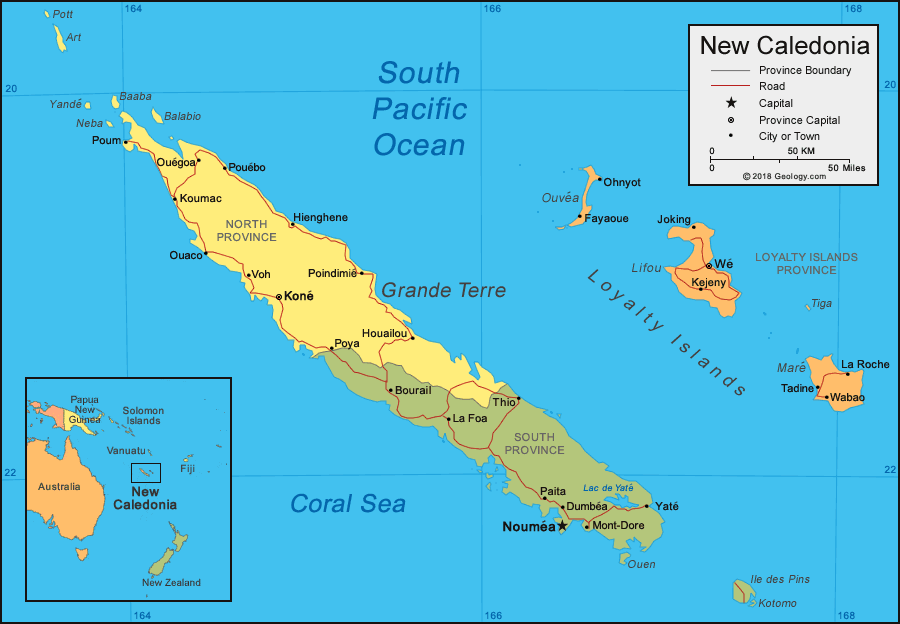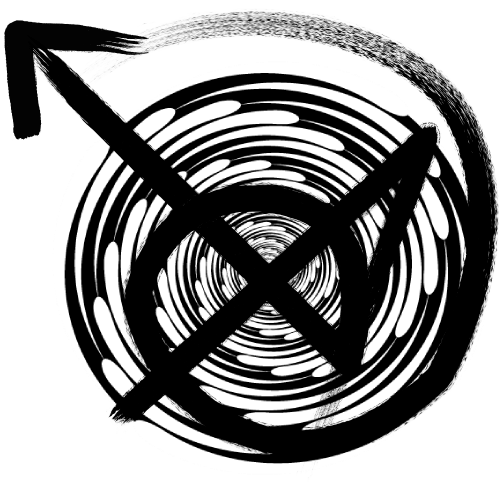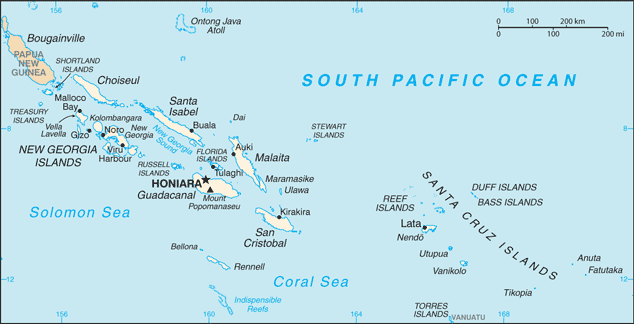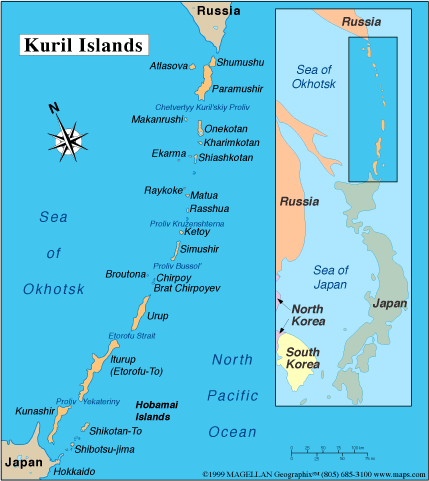
Submarine incident in flashpoint Kuril Islands
Amid quickly escalating tensions over Ukraine, Russia lodged a diplomatic protest with the US embassy in Moscow, claiming that a US nuclear submarine penetrated Russian territorial waters near the Kuril Islands. According to Moscow’s Defense Ministry, a Virginia-class US Navy submarine was detected off Urup Island, where Russia’s Pacific Fleet was conducting exercises. The Defense Ministry said the submarine was chased off by Russian vessels, and retreated at “maximum speed.” The statement accused the US of a “violation of Russia’s state border.” Media accounts did not emphasize that whether this purported incident indeed took place in Russian waters is questionable, as the Kurils are in part claimed by Japan—a dispute which has prevented Moscow and Tokyo from entering a treaty to formally end their World War II hostilities. Russia over the past weeks has conducted naval maneuvers in the Mediterranean, the North Sea, and northeast Atlantic Ocean, as well as the Pacific and Sea of Okhotsk, where the Kurils are located. (Map: International Kuril Island Project)



